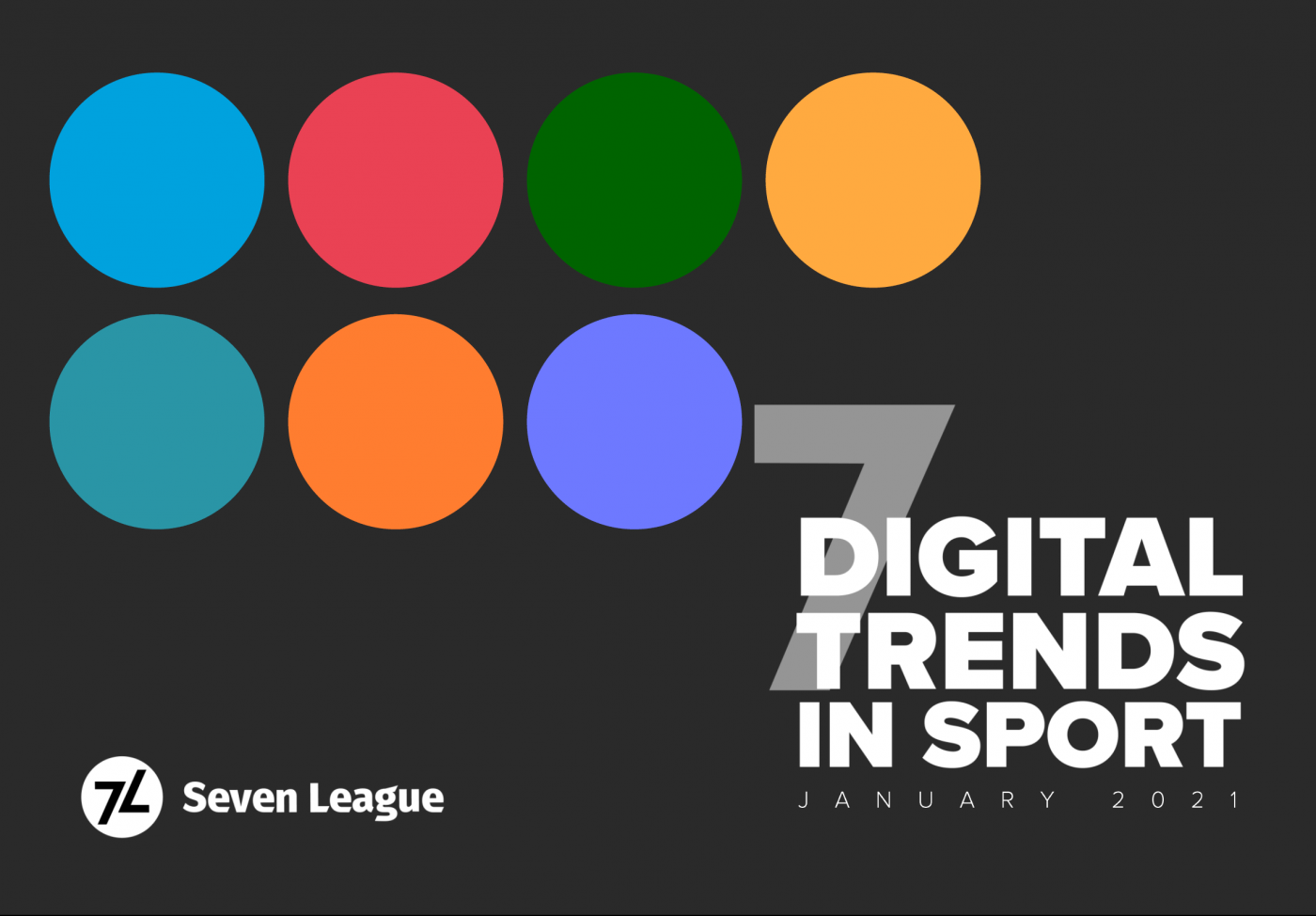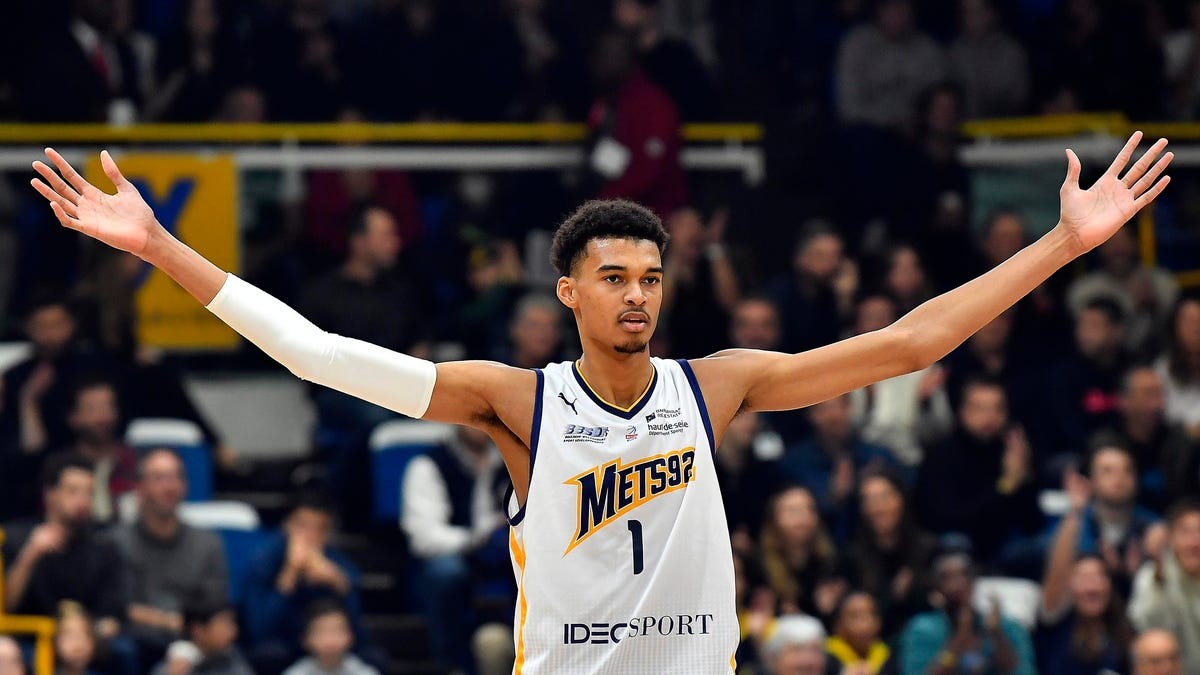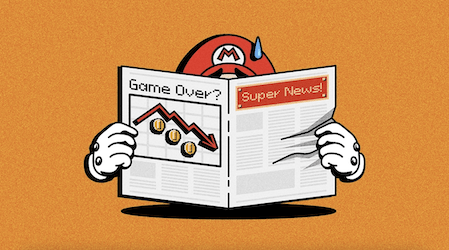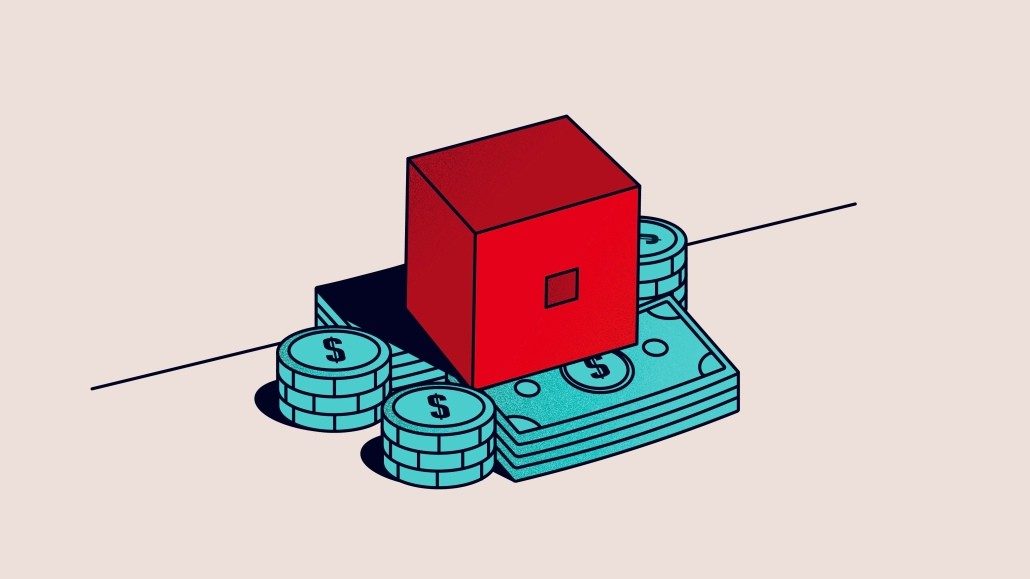The COVID-19 pandemic has acted as a catalyst for accelerated digital transformation leading to a number of digital trends in the sports industry coming to the fore prior to when anyone previously thought they may. Users of digital platforms, be they brands or rights holders, and the platforms themselves have quickly evolved and iterated their offering to respond to this mass change in consumer and fan behaviour. Seven League’s seven digital trends in the sports industry report summarises what they believe will be the main themes for 2021. In summary these are:
- We all watch together – consumers are more used to social experiences being built alongside content. 2021 will the year we discover if sports fans want to watch content socially, or continue to view on a second screen
- Sports adopt social commerce – Social media companies made it easier for businesses to sell physical products adding in-built ecommerce capability to their platforms. Having spent years building social media followings and trying to monetise via sponsored content, sports rights holders will now start to develop propositions to monetise this audience directly
- Broadcast re-versioning – 2020 saw sports broadcasts of the same game being packaged up for different audiences in a different way that suited their requirements. More personalised and localised content will continue in 2021, building on the different distribution routes already being tried
- Clubs go direct to consumer (D2C) – As physical, in-person revenues plummet, sport looked to digital products they could offer via subscription to fans. Fuelled by the need to diversify revenues and better availability of off the shelf tools, we’ll see more subscription-based and direct-to-consumer offerings in 2021
- The rise of audio – following the explosion of pre-recorded audio in the form of podcasts, live audio has become popular too via platforms like Clubhouse. Moderation to minimise toxicity is a challenge that needs to be overcome, but we’re likely to see the sports industry build propositions as consumers preference to listen from reading shifts
- The great flattening – a gradual blending of social media platforms functionality has been happening over recent years. As soon as a new feature is launched and becomes popular the other platforms release their own version of it. As this continues we may start to see sports organisations rationalising the platforms they’re on
- The era of the moderator – live interactivity, group chat and just ‘hanging out’ with one another has grown in popularity through features like Twitch’s chat function, platforms like Slack and Discord and video games become more social (e.g. Roblox and Fortnite). As sports organisations move from one way broadcast communications to active engagement, moderators will be required to encourage integration and engagement whilst ensuring communication and behaviours are appropriate
To read the full digital trends in the sports industry report, click here.
If you’re looking for advice from a sports agency, Strive Sponsorship can help. Contact us for sports, gaming, and esports strategy, sponsorship, commercial, content, operations, investment, and communications consultancy services.













